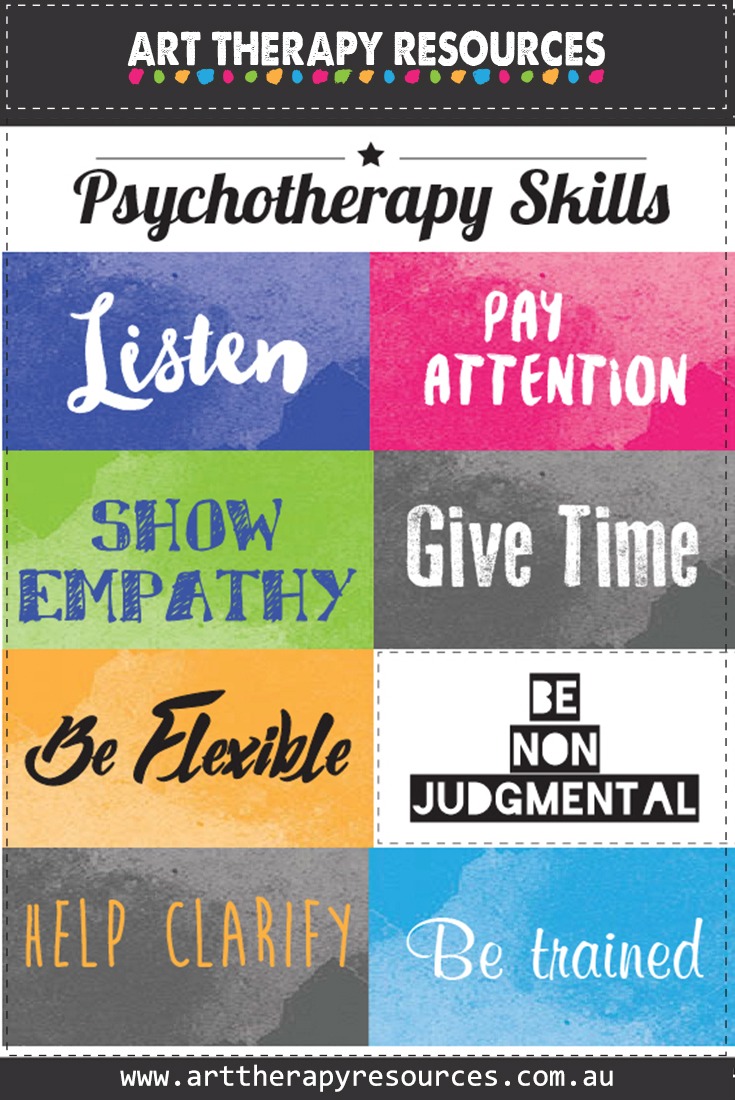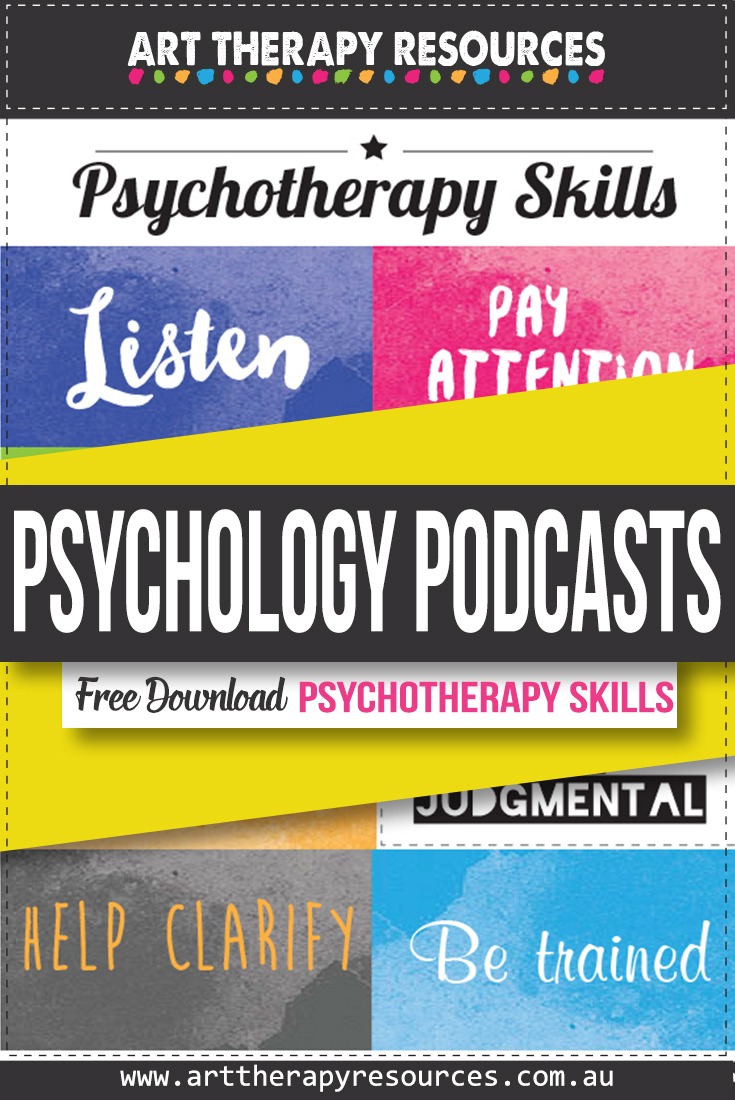THIS POST INCLUDES:
1. Introduction to podcasts
2. How to listen to podcasts
3. 10 Useful Psychology Podcasts
4. Download Resource Sheet of Psychotherapy Skills
INTRODUCTION TO PODCASTS
Podcasts have become an increasingly popular method to distribute valuable content online in recent years. Podcasts allow content creators to publish information based on broad or specific niches which enable an in-depth conversation around each niche.
In this post, we’re specifically focusing on psychology related podcasts.
If you’re wondering whether listening to podcasts has any benefits for you, read below:
- Podcasts are a great way to fill time. Therefore they are great for commuting to work or long distance trips.
- Podcasts are good to listen to when exercising or doing household tasks.
- Podcasts allow you to curate your own business and personal mentors by picking and choosing podcasts topics that benefit your personal growth.
- Podcasts are educational. Some universities deliver free audio lectures through podcasting.
- Podcasts allow you to focus on specific areas that you want to learn about or improve in your life.
- Podcasts are portable and can be listened to anywhere. You can either access them via the internet or download them to listen to offline.
- Podcasts are free
Most podcasts will follow a typical structure. This means a podcast could be information driven, be a direct interview, or host a roundtable discussion for example.
Some of the most popular podcast types are below:
- Educational podcast – these podcasts are usually presented in a format that’s similar to a lecture style. These podcasts are more formal in nature.
- Solo – this podcast is presented by a single host. The content is usually casual and may include regular topics that the host covers in each podcast.
- Direct interview podcast – features a regular host interviewing a guest on their expert topic
- Multi-host podcast – this podcast is hosted by a few regular hosts who contribute to regular topics of the podcast. This podcast is a more conversational podcast.
- Round Table – this podcast has a panel of members which can be a collection of regular and guest contributors. The roundtable usually focuses on a specific topic for that podcast.
- Narrative – these podcasts are more focused on telling a story. For counseling podcasts, this might be based on providing case study type content where the listener is guided through understanding a topic using a combination of educational and story-telling content.
HOW TO LISTEN TO PODCASTS
Podcasting is primarily an audio medium, therefore, you will need to use a device that can transmit audio. You can listen to podcasts by using a podcasting app on your smartphone or tablet. Most podcasters also make episodes available on their website also so that you can listen to podcasts on your computer through your browser if you prefer.
Below is a list (alphabetical order) of some of the most popular podcast apps and delivery services. Most apps are free, however, some offer optional upgrades for a fee to unlock additional features:
10 USEFUL PSYCHOLOGY PODCASTS
Below is a list of 10 Psychology podcasts, along with a recommended episode from each podcast to get you started.
-
- They Psychology Podcast SUGGESTED EPISODE: Learning how to learn
- All in the Mind SUGGESTED EPISODE: Positive Psychology
- The Psych Files SUGGESTED EPISODE: Bystander Activation
- New Books in Psychology SUGGESTED EPISODE: Treating Addiction: Beyond the Pain
- The Positive Psychology Podcast SUGGESTED EPISODE: I am not judging you, but….
- New Books in Psychoanalysis SUGGESTED EPISODE: Minding Emotions
- SAGE Psychology & Psychiatry SUGGESTED EPISODE: Trauma-Related Distress During the COVID-19 Pandemic In 59 Countries
- We All Wear it Differently SUGGESTED EPISODE: ACT with Dr Russ Harris
- Psychology in 10 Minutes SUGGESTED EPISODE: Why do people blame the victim
- Learn Psych Podcast SUGGESTED EPISODE: Borderline Personality Disorder
FREE DOWNLOAD: Psychotherapy Skills Handout

BUILD YOUR ART THERAPY REFERENCE MATERIALS:
Pin this image to your Pinterest board.

SHARE KNOWLEDGE & PASS IT ON:
If you’ve enjoyed this post, please share it on Facebook, Twitter, Pinterest. Thank you!
